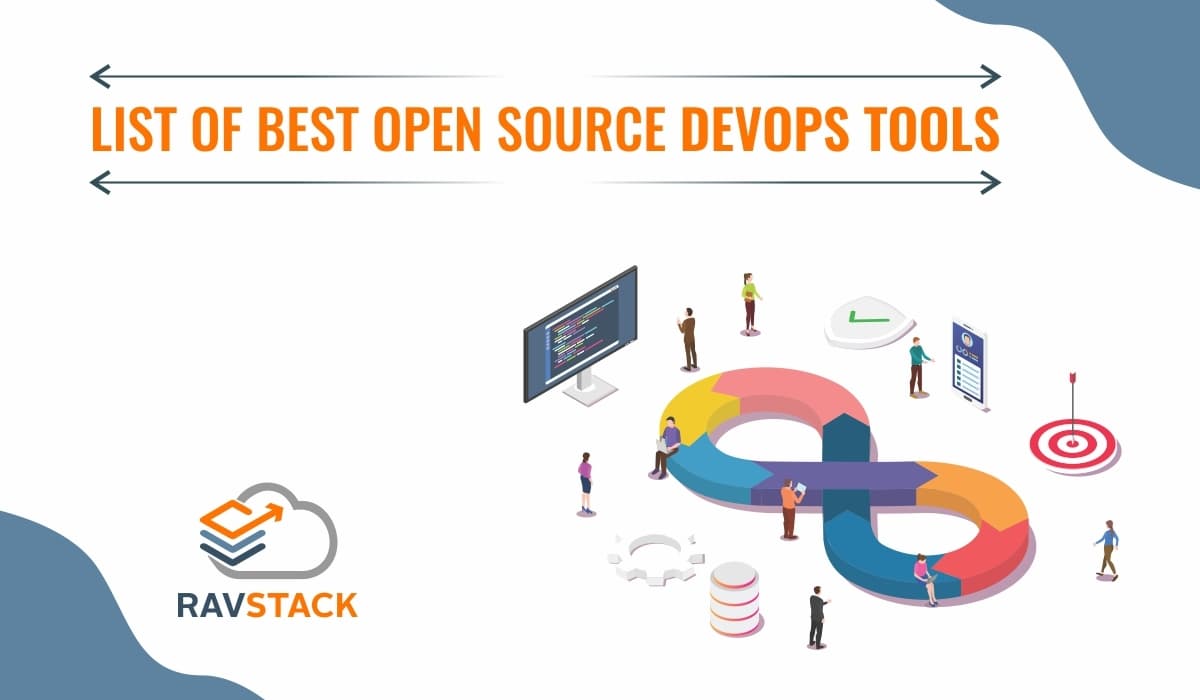
 April 22, 2020
April 22, 2020
 9 mins read
9 mins read
10 Best DevOps tools for 2020
We live in a dynamic society that keeps on changing and always tends to shift its tastes and preferences. Hence, […]
Development and operation if integrated with a database, give a plethora of advantages that can sort the business out through many horizons.
DevOps is one of the essentials today if you are thinking of software or eCommerce development. Making the working more efficient and effective, this feature has gained much more popularity and usability right now.
Here in this writeup, we are sharing the significance of the DevOps database and the benefits it brings along. Treat yourself with what we are going to serve.
Table of content
DevOps help make the updates in the batches, moving in a cycle, making it manageable and easy to implement. This helps the team to tackle the smaller changes along with faster releases.
DevOps uses SQL for database management. It is effortless to use and provides a testing version to ensure that the final edit is without any errors.
DevOps uses Version Control, which improves the build, deploy, test, and release phases. Moreover, with the same database management system, you can quickly move back to the previous version with the command of ‘Rollback’. Hence, it helps you make the error-free versions.
DevOps methodology supports both Continuous Integration and Continuous Delivery, which not just enable the changes quickly and effectively. It tests the subject all along so that if there is any error, it may detect it in one go and not let the developer mess with the brain to look for the solutions.
DevOps let the work happen in a perfect environment. It sets the ecosystem and makes sure that the work being done is up to good standards. With that kind of environment, the probability of errors and delay erode away, and everything happens productively.
DevOps makes sure that the work you do is aided by automated management to reduce the manual work as much as possible. It provides the functionality to automate the build so that there is no error in the construction of the build.
While performing complex actions, automation may perhaps be not possible. But as every build needs some changes now and then, DevOps would observe the quality of the build and predict the changes that would be required after some time. The automation would play its game and get ready for predictable changes. Your one command and everything would go according to your needs and desires.
There are various tools (mentioned below) that can be used to build, validate database scripts, and run the tests. These can affect your work and make it better beyond your thoughts and expectations. Some of these tools are:
The storing of all the database codes allows for a known state of the database. This helps the developers know quite well what is going on in the database and what results to expect.
Testing each change is mandatory in DevOps. This not only helps to avoid errors and rectify them if needed but also helps to know if there is any scope of improvement in the final mold is made.
Every change can be made similarly without any hassle. So, when there is the repeatability of action, it enhances accuracy and reduces the scope of errors.
DevOps allows you to make changes in small packages, occurring in a cycle, hence providing an option of continuous delivery. With the same feature, the speed is enhanced, and there is no hassle to experience from the side of a developer or end-user.
The functions are tightly architectured in the system, and the developer may face the problems of modifications. For that, microservices can be used to make sure that even the minute changes are taken care of.
DevOps comes with a lot of variations. Hence it is challenging for the whole team to coordinate the tasks due to the diversity of controls.
We cannot upgrade, replace, or stop the working going on smoothly. It creates a lot of problems in the long run.
To collect the data required from the customer, a proper build is necessary. It is not going to function unless the tables are not pre-stocked with the data required for independent functions.
Making the changes and editing everything is a slow process. It is very difficult to roll back, make changes, and redeploy the system. These may bring forth many problems which may stack up to major failures.
Working with DevOps has been one of the genres of working for RavStack. Equipped with the right skilled personnel and the perfect blend of experience has taken our work to the zenith of accuracy.
Contact us and let us guide you through the DevOps Database and lend a hand in proper integration of the work.
)
We'll get back to you within 24 hours
Talk to our expertDigital Newsletter about iOS, Android, AI, Big Data and Cloud Insights.